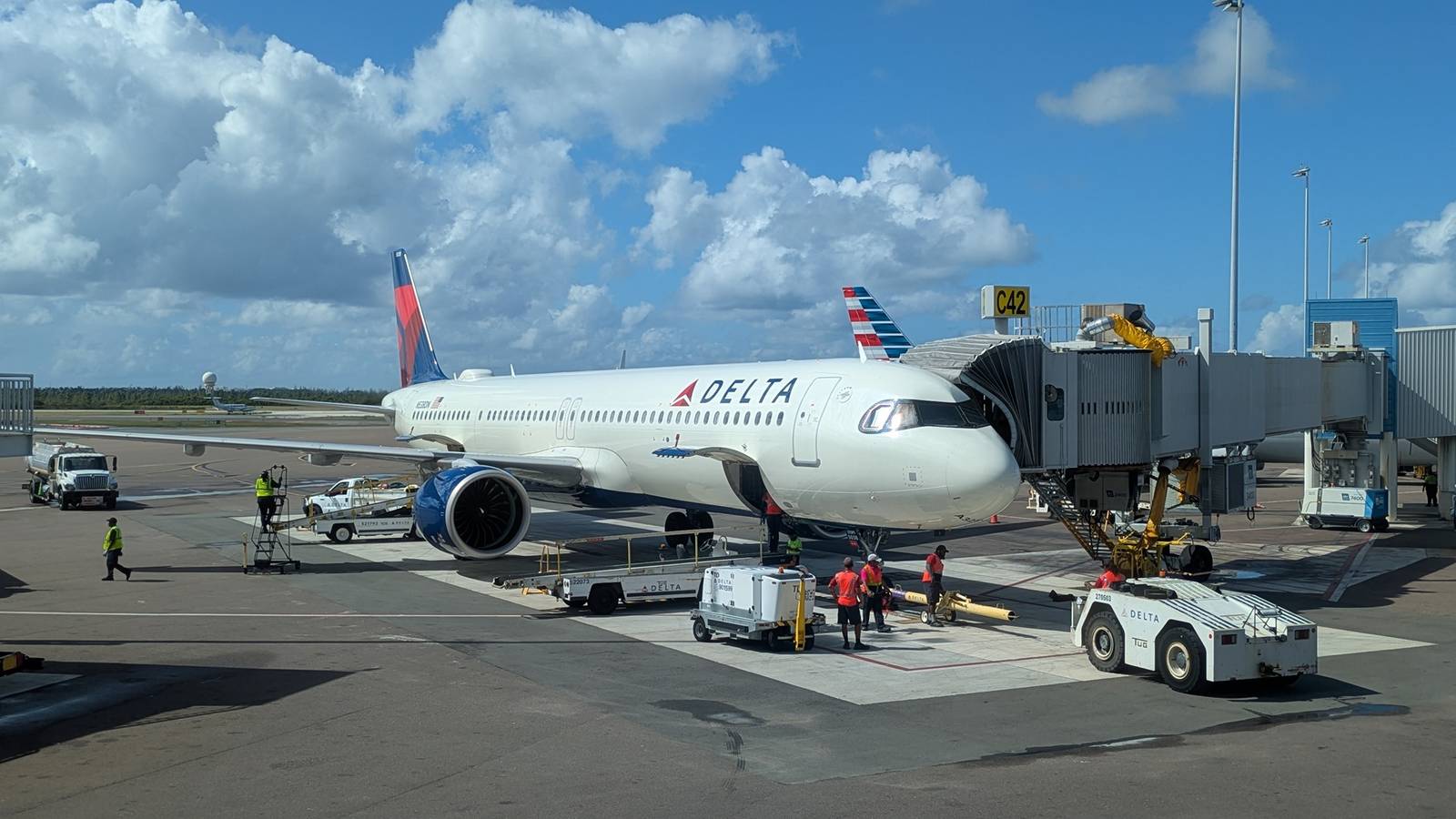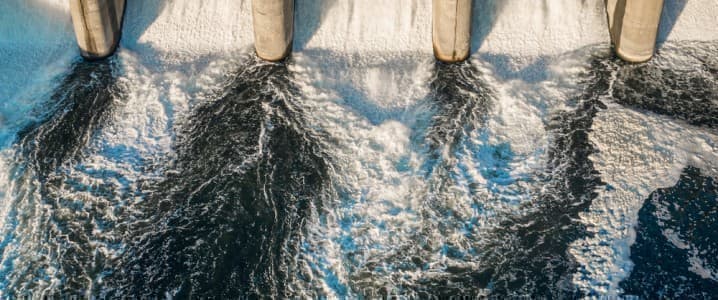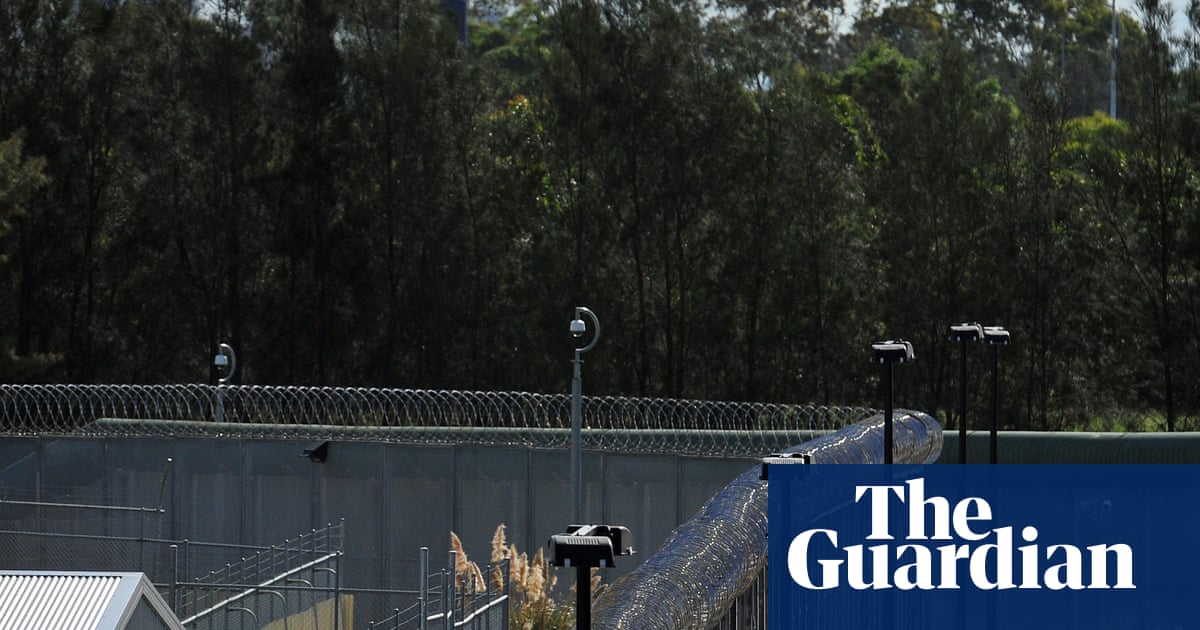
In Wimereux, France, a poignant scene unfolds as items of clothing and lifejackets hang from a fence, left behind by migrants attempting to cross the Channel to the UK. This stark image highlights the ongoing crisis and the desperate measures taken by asylum seekers. A recent plan by French police to enter the sea to stop small boats carrying UK-bound asylum seekers has sparked a heated debate, with a French charity warning that such actions could lead to more deaths and legal challenges in European courts.
Arthur Dos Santos, coordinator of the refugee charity Utopia 56, expressed grave concerns over the new strategy. “There will be an increase in the number of people who would take desperate measures to reach the UK,” he stated, emphasizing the potential dangers of this approach.
Escalating Tensions in the Channel
The announcement comes as the English Channel continues to be a focal point for migration issues. In recent years, the number of migrants attempting to cross the Channel in small boats has surged, driven by conflict, poverty, and the hope of a better life in the UK. This has led to increased tension between the UK and France, with both countries struggling to manage the situation effectively.
The French government’s plan to physically intercept migrants at sea marks a significant shift in tactics. Previously, efforts focused on preventing departures through increased patrols and surveillance on French beaches. However, the new strategy raises ethical and legal questions, particularly regarding the safety and rights of those attempting the perilous journey.
Legal and Humanitarian Concerns
According to sources, the move represents a response to mounting pressure from the UK to curb the number of crossings. However, human rights organizations and legal experts argue that intercepting boats at sea could violate international law, which prohibits returning asylum seekers to a place where they may face harm.
Jean-Pierre Alix, a legal expert on migration law, noted, “Intervening at sea could lead to violations of the principle of non-refoulement, a cornerstone of international refugee law.” This principle ensures that individuals are not returned to countries where they face serious threats to their life or freedom.
“Intervening at sea could lead to violations of the principle of non-refoulement, a cornerstone of international refugee law.” – Jean-Pierre Alix, legal expert
Historical Parallels and Future Implications
This development follows a pattern seen in other migration hotspots around the world. Similar tactics have been employed in the Mediterranean, where European countries have faced criticism for their handling of migrant boats. The humanitarian implications of such strategies are significant, with reports of increased fatalities and human rights abuses.
Meanwhile, experts warn that the French plan could set a dangerous precedent. “If this approach is adopted widely, it could undermine the international protection system and lead to more tragedies at sea,” said Maria Gonzalez, a migration policy analyst.
As France prepares to implement this controversial plan, the international community watches closely. The potential legal challenges in European courts could shape the future of migration policy in the region. The situation underscores the need for a coordinated, humane response to the complex issue of migration, balancing security concerns with the protection of human rights.
The move represents a critical juncture in the ongoing migration crisis, with far-reaching consequences for both France and the UK. As the debate continues, the world waits to see how these policies will impact the lives of those seeking refuge and the broader dynamics of international migration.







